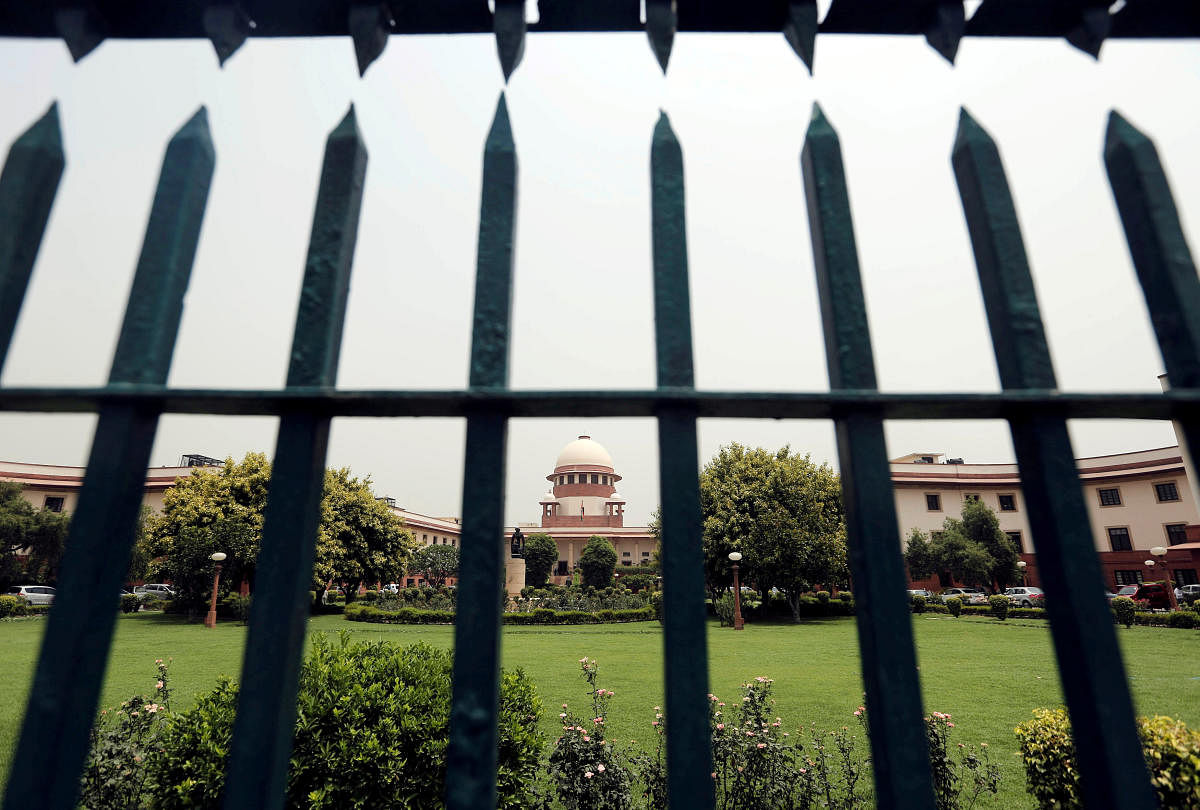
The Supreme Court on Monday directed the Uttar Pradesh government to provide adequate security and treatment to Shabnam Rani who faced acid attack. She had filed a plea challenging the constitutional validity of polygamy and 'nikah halala'.
The top court said all the women petitioners in the matter, already referred to the Constitution bench, should be provided security on their representation to the police authorities if they apprehended any threat.
Dealing with Shabnam's plea, who was attacked last week with acid in Bulandshahr allegedly by a close relative, a bench presided over by Chief Justice Dipak Misra said, “The officers should be sensitive enough to carry out their duties as far as such treatment is concerned, that is, in consonance with the order of this court and the policy of the state government and, therefore, there cannot be delay in such matter.”
The bench, also comprising Justices A M Khanwikar and D Y Chandrachud, took on record the submission by Additional Advocate General Aishwarya Bhati, appearing for the UP government, that an FIR has been lodged and security has been provided to the victim.
The court said if there was a scheme for compensation and an application has been submitted, then it may be dealt with in a span of two weeks.
It also said if any further security was required, then she could submit a representation to the Superintendent of Police who shall scrutinise it and do the needful.
In her plea, Shabnam questioned the practice of polygamy allowing a Muslim man to have four wives. She also challenged the validity of 'nikah halala' in which a Muslim woman can re-marry her husband after divorce, only when she married another person, consummated the second marriage and obtained a divorce.
Shabnam had alleged that her husband had divorced her through 'triple talaq' and forced her to perform 'nikah halala' with her brother-in-law.
